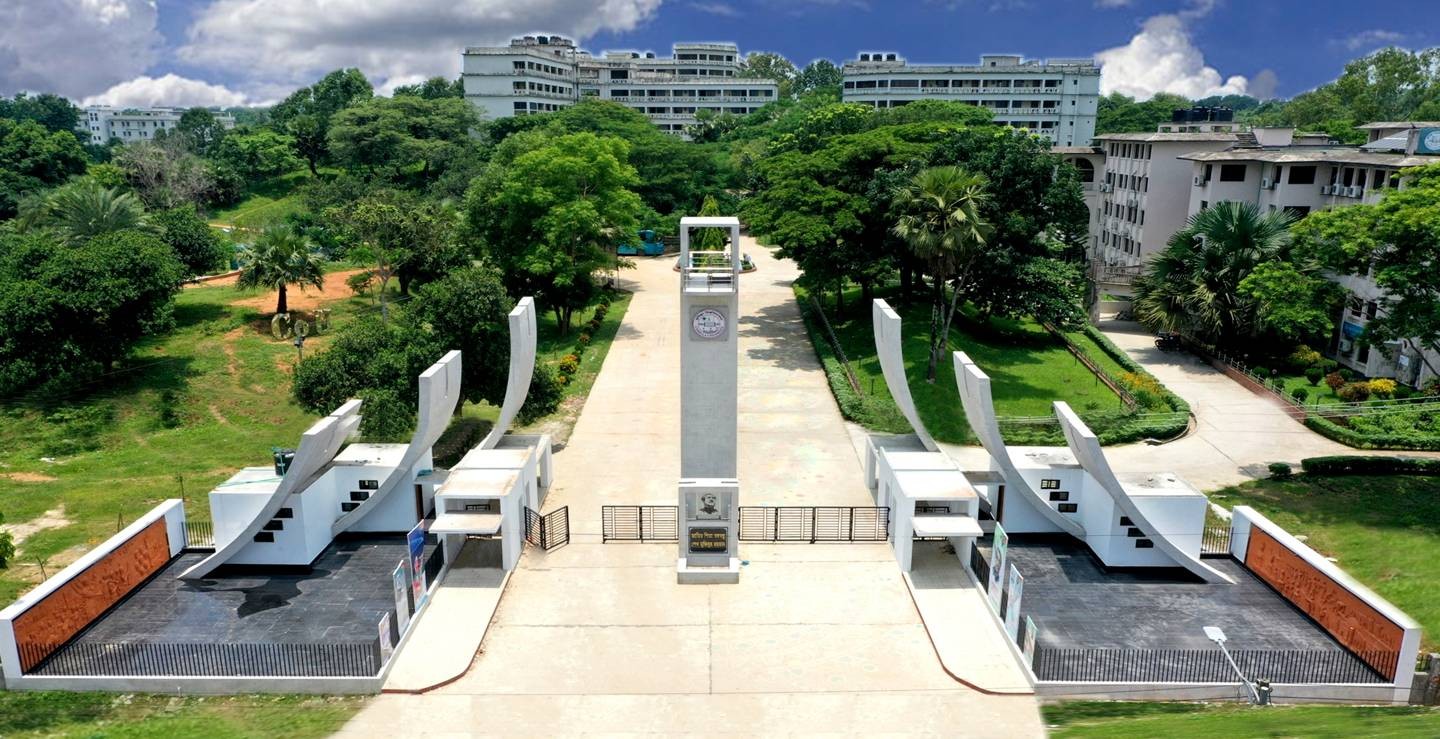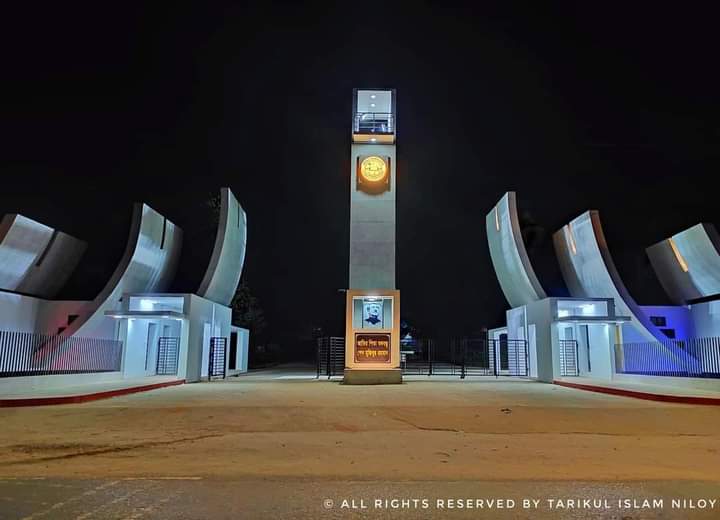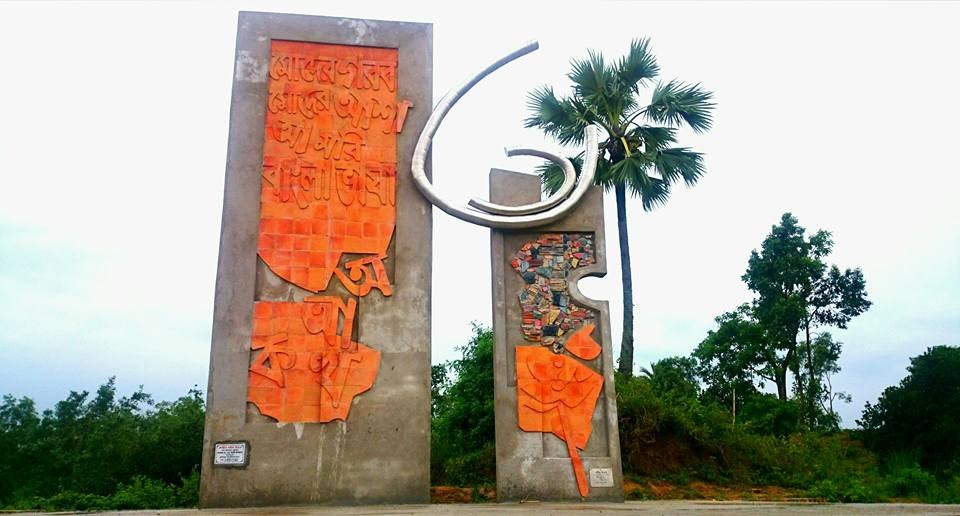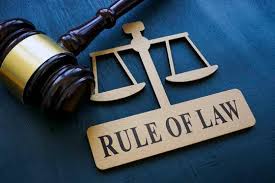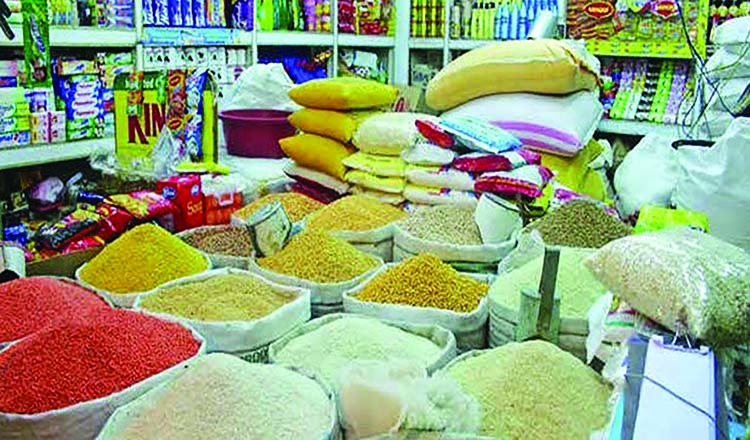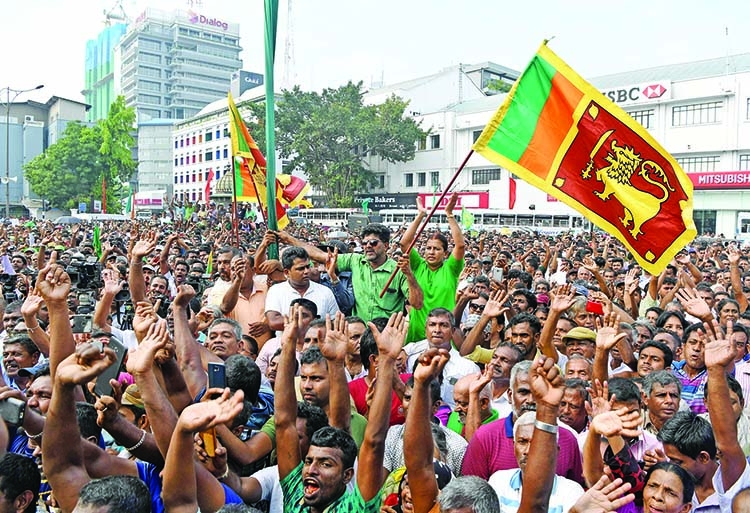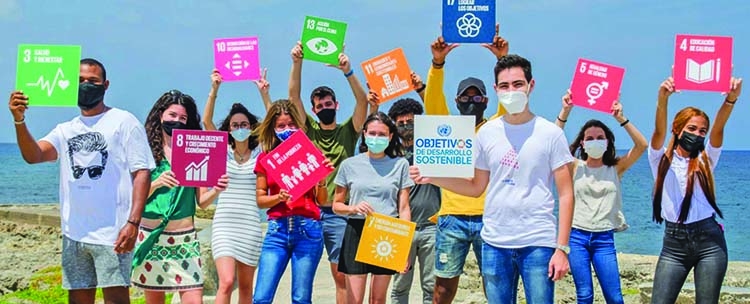Mohammed Asif Hossain
The rule of law means equal rights for all and that everyone, regardless of religion, caste, or class, is treated equally under the law. This is because, in the eyes of the law, everyone is equal, and no one is above it. If someone breaks the law, they must be punished by the state. A modern state is a welfare-oriented state where the rule of law is strictly enforced. Where the rule of law is absent, human rights are violated, and the welfare-oriented state system is disrupted.
Law is the external control of human behavior, recognized by the state. Without law, inequality between the weak and the strong would increase, the rich would exploit the poor, and chaos would prevail in society. This is because freedom is the hallmark of arbitrariness. Through the rule of law, arbitrariness must be suppressed by the state, ensuring equal rights for every individual. Only then can a society develop into an ideal state.
An ideal state always ensures the rule of law because one of the key elements of good governance is the rule of law. The rule of law plays a crucial role in ensuring good governance. However, it is not enough just to enforce the rule of law; every citizen must adhere to it. For example, in cases of robbery or theft, giving testimony as a witness is an act of following the rule of law and helping in the process. The rule of law cannot be implemented without the cooperation of citizens. Enforcement of the law is as important as citizens following the rule of law.
According to Thomas Fuller (who is known as “Negro Demus” and the “Virginia Calculator”, was an enslaved African renowned for his mathematical abilities.)“Never think of yourself as too big. Remember, the law is above all.” Only the rule of law can grant a citizen their true freedom, rights, and dignity.
The biggest obstacle to the establishment of the rule of law is the lack of good governance by the state. If the state fails to ensure its citizens’ fundamental rights, equality before the law, an impartial judiciary, economic security, and protection of life and property, the rule of law can never be established.
According to various global surveys, the rule of law is more prominently reflected in developed and high-income countries. In contrast, in comparatively developing or underdeveloped, low-income countries, the rule of law is not properly reflected due to reasons such as economic fragility, corruption, political influence, social and cultural barriers, and lack of equality before the law.
According to the Transparency International – Corruption Perceptions Index (CPI) 2023, “ position in the rule of law index is 146th out of 183 countries. Due to the low corruption index in Bangladesh, the rule of law is weakened. The impact of corruption on the enforcement of laws is strongly felt, which poses a significant obstacle to the establishment of the rule of law.”
“In the rule of law index, Bangladesh has seen a slight decline over the past year. Among 142 countries worldwide, Bangladesh ranks 127th. Last year, Bangladesh held the same position among 140 countries. However, this year, Bangladesh’s score has dropped to 0.38, compared to 0.39 the previous year. Among the six countries in South Asia, Bangladesh remains in the fourth position, just like last year.”
At the top of the list is Denmark, with a score of 0.90, followed by Norway (0.89), Finland (0.87), Sweden (0.85), and Germany (0.83). On the other hand, countries with the worst rule of law conditions include Venezuela (0.26), Cambodia (0.31), Afghanistan (0.32), Haiti (0.34), and the Congo (0.34).
From the above rule of law index, it is clear that Bangladesh, as a comparatively developing country, has seen a decline in the rule of law, which poses a significant challenge for us in ensuring the rule of law. Given various global indices, it can be said that ensuring the rule of law in a comparatively developing country is almost impossible.
To ensure the rule of law, we must first implement the provisions related to the rule of law outlined in the Constitution of Bangladesh. Fundamental rights of the people must be protected, as ensuring these rights is the foundation of good governance, and without good governance, the rule of law cannot be achieved. We must provide freedom to the press and media, put an end to autocracy, and ensure equality before the law. Since the rule of law is more evident in developed countries, developing nations must overcome economic fragility to ensure its proper implementation.
To build our country as an ideal state, good governance must be ensured, but good governance can only be achieved when the rule of law is established. To eliminate societal conflicts, disorder, and inequality, the rule of law is indispensable. In particular, the division between the rich and the poor in our society occurs due to the lack of the rule of law. To ensure equal rights for all citizens, the right to fair justice, the right to live in peace, and the right to express opinions freely, the rule of law must be implemented. If the state does not curb arbitrariness through law, the rule of law will never be established. Since modern state systems rely on good governance, the rule of law is essential for us. In many developed countries around the world, the rule of law is the reason why their societies are free of discrimination and violence, ensuring citizens’ rights and offering various opportunities. Through the establishment of the rule of law, we must also build a state that focuses on good governance and the welfare of its people. Only then will the citizens of a welfare-oriented state respect the rule of law, abide by it, and cooperate with the state.
The Writer is a Member of Social Research Group (SRG) and an undergraduate Student of Public Administration, Comilla University. This is a work in progress.

